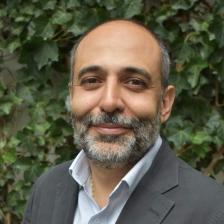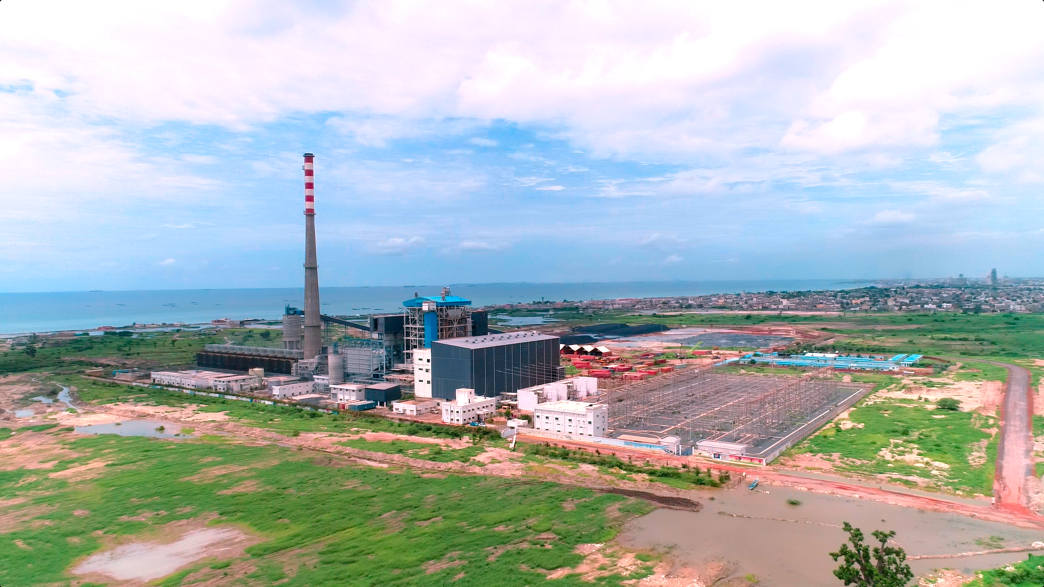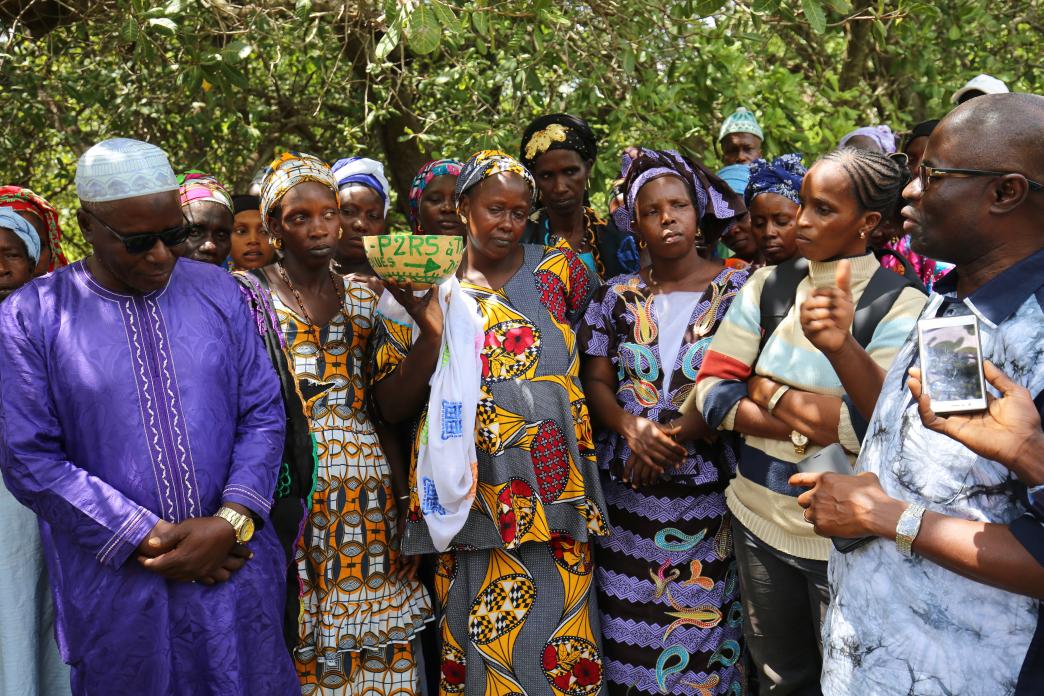
Between Delays and BP’s Exit, Senegalese Gas Projects Prompt Concern
A nascent producer of natural gas, Senegal has received increased attention in recent years as importers have sought new supply in the wake of geopolitical tumult. And within the country, the gas fields are seen as a pathway to further electrification and economic development.
Most recently, headlines have been about setbacks in Senegal’s exploitation of gas. First came the delay of oil and gas production from the Sangomar and GTA fields, followed by BP’s withdrawal from the Yakaar-Teranga project, with Kosmos Energy taking over BP’s interest. As a result of the latter, PETROSEN, Senegal’s national oil company, may substantially increase its stake in Yakaar-Teranga.
These transformative developments demand close scrutiny from citizens and raise challenges for civil society. With this post we aim to raise awareness, foster vigilant monitoring, and pose critical questions to stimulate public debate and potentially support advocacy efforts.
Impacts of delays on the economy and energy access
The anticipated delays in oil and gas production, now postponed again to 2024, have raised concerns. Delays are common in new oil and gas producers. A study by NRGI colleagues found that since 2000, new sub-Saharan African producers took 73 percent longer to move from discovery to production than initially projected. Sangomar and GTA, which initially targeted production starting in 2021, are now three years behind schedule. Kosmos is targeting first gas from Yakaar-Teranga in 2027, but the likelihood of a 2027 start will partly depend on how quickly PETROSEN and Kosmos finalize questions around the ownership structure, orientation of the project (e.g., size, export vs domestic orientation) and financing.
These delays have captured the attention of civil society and media, and it is crucial to understand the reasons behind them, but even more so the impacts associated with those delays. Civil society’s role is vital in ensuring that Senegal’s government conducts and shares an assessment of the economic impact of these delays, addressing the lost revenues and implemented mitigation measures.
Managing public expectations becomes critical, especially as delays affect budget forecasts and national growth. For instance, the IMF reduced the growth forecast for 2024 from 10.6 percent to 8.3 percent due to the delay in hydrocarbon production. The government has acknowledged the situation, recently publishing a budgetary risk statement in which it assessed the impact of a 50 percent production reduction from 2024 forecasts (equivalent to a one-year delay) on the growth and budget for 2024. A decline in production will necessitate adjustments in public expenditures to maintain the projected deficit level.
The Senegalese public must also understand how these delays affect project economics and profitability, and especially other key government plans such as gas-to-power ambitions, an area of considerable interest to the Senegalese population. For example, these delays will likely extend the usage of Karpowership, a floating power plant initially procured as a short-term energy supply source given high and volatile pricing.
To safeguard against risks associated with delays, government officials must exercise caution in their planning in other related or impacted areas such as domestic gas use, sovereign borrowing, revenue utilization and refinery projects.
Why did BP exit and what’s next for the project consortium?
Several Senegalese civil society actors welcomed PETROSEN’s ambition to eventually increase its current 10 percent interest in the Yakaar-Teranga consortium to 34 percent, seeing it as a sign that authorities are committed to delivering on plans to leverage gas from the field for electricity access and economic development. In the public narrative the announcement around PETROSEN’s ambitions has overshadowed the potential negative consequences of BP's departure.
PETROSEN’s ambitions have a basis in the legal framework governing the project. In the case of a surrender (renonciation) by a member of the consortium, which PETROSEN says is the case with BP’s exit, Article 13 of the joint venture agreement (accord d’association) provides that the remaining members can at no cost assume the surrendered share in proportion to their participating interest, and that PETROSEN would not acquire the obligations that would come with such an additional interest (i.e., PETROSEN’s interest would continue to be “carried” with respect to exploration and evaluation costs). PETROSEN also has the option under that agreement and the relevant production sharing contract to increase its share in the project a further 10 percent at the exploitation stage.
But beyond the legal feasibility, the bigger question is the economic or financial consequence of such a larger interest. While PETROSEN’s interest is “carried” during exploration, per Article 24 of the production sharing contract, PETROSEN would be expected to proportionately finance the development stage costs of the project. The specific costs are yet undetermined and depend on the approach to the project, but the cost would be very significant and could raise questions about the feasibility and prudence of such an investment. That is likely also why PETROSEN’s statement on BP’s departure references adding a third partner, who would surely have a strong voice in the direction of the project.
In considering the future of the project it would also be helpful to consider why BP withdrew. While there has been speculation around disagreements over project fiscal terms and profitability, the size of reserves and the approach to developing them (for domestic use versus export) or even BP’s corporate energy transition strategy, the true and detailed reasons behind BP’s exit remain unknown. The minister of petroleum and energy has provided preliminary clarifications encompassing daily production capacity, commercial strategy, and the anticipated inaugural gas delivery date. However, a comprehensive account of the specific points of contention and a deeper exploration of the proposals put forth by BP would be welcome.
Transparent communication from the government is essential to maintain investor confidence and public trust. Evaluating the financial implications, including unrealized commitments, costs incurred, technical expertise replacement, and job preservation, requires meticulous scrutiny. The government should provide clarity on payments that BP could have been required to cover before surrendering its interest (including those stipulated in the article 13.5 of the accord d’association and the obligations under the 2021 renewal of the production sharing contract).
PETROSEN’s growing role should be matched by growing oversight
These events mark an expansion in PETROSEN’s ambitions. This comes as PETROSEN has also moved to play a more significant role in the downstream sector, including through the creation of subsidiaries like the Réseau Gazier du Sénégal (RGS) and PETROSEN TS.
Given PETROSEN’s growing role, state and non-state oversight actors including parliamentarians and civil society organizations should better monitor the state-owned company. This oversight includes PETROSEN’s exposure to fluctuating oil and gas prices preventing it from making risky bets and ensuring sufficient adaptation in a context of global energy transition. The Senegalese government could fund PETROSEN’s stake in developing projects such as Yakaar-Teranga directly from the budget or from debt. In either case, government officials should carefully weigh the opportunity cost of this investment compared to funding other development priorities.
PETROSEN borrowing funds directly does not avoid these opportunity costs. National oil companies are known to be effective vehicles for financing and can bear a significant portion of public debt, potentially leading to significant and costly bailouts with public funds. To finance PETROSEN’s participation in other petroleum projects, the government has resorted to a Eurobond as recently as in 2021. The Ministry of Finance as well as civil society must meticulously monitor the debts of both PETROSEN and the government to ensure that they are sustainable.
NRGI’s recent recommendations for more transparency and accountability from PETROSEN are even more relevant in this context. PETROSEN must incorporate more good governance practices, such as publishing annual activity reports, clarifying its dividend distribution policy, appointing independent directors, and requiring asset declarations from directors.
What to look for with the potential entry of a new partner in the Yakaar-Teranga gas project
Senegalese authorities have worked extensively to improve the licensing procedure in the petroleum sector. As the Yakaar-Teranga project advances, civil society should monitor the entry of any new partner to avoid any unpleasant surprises. The entry of a third partner would likely involve a sale of some of Kosmos’ interest, which under the production sharing contract would require ministerial approval. It is important to consider the justification for granting such approval (or not).
Public engagement is crucial in such a context, including civil society monitoring to ensure that when oil projects change hands, sustainability and governance standards do not weaken, such as having assets transferred to companies with weaker environmental and transparency commitments.
Government approval of a third partner in Yakaar-Teranga should hinge on the prospective partner’s essential technical and financial capacity to meet industry standards, including in light of the role envisioned for the partner (i.e., operator or non-operator) and the company’s environmental, social and governance practices. The Extractive Industries Transparency Initiative (EITI) offers a valuable transparency forum for asset and interest transfers, but the government should disclose this information before final approval, allowing the public to flag any concerns in advance of the transfer.
Recent developments in Senegal’s hydrocarbon sector present legitimate concerns, warranting continued vigilance from civil society. As citizens and stakeholders navigate these challenges, fostering transparency, assessing economic impacts, and promoting responsible governance will be instrumental in shaping the trajectory of Senegal’s hydrocarbon sector.
Authors

Aida Diop
Senegal Senior Program Officer

Papa Daouda Diene
Senior Africa Economic Analyst

Amir Shafaie
Legal and Economic Programs Director


